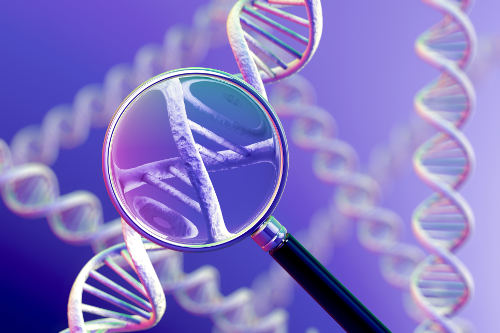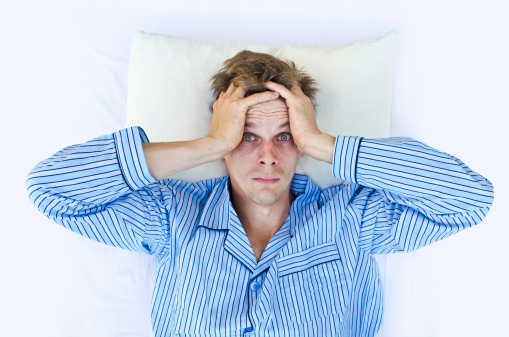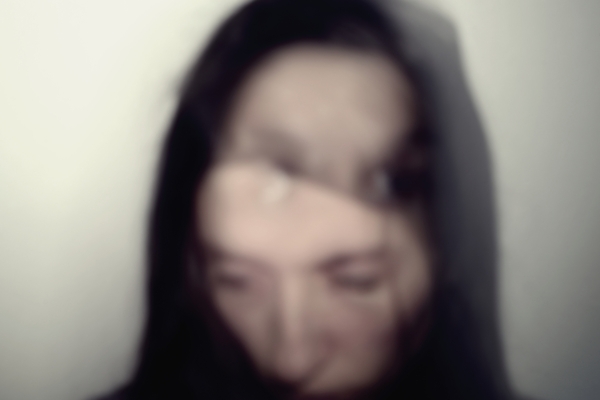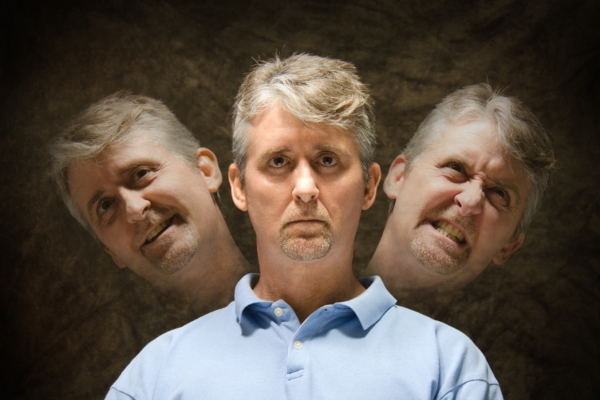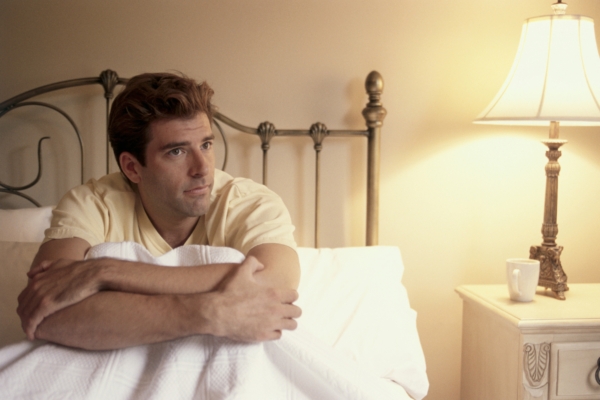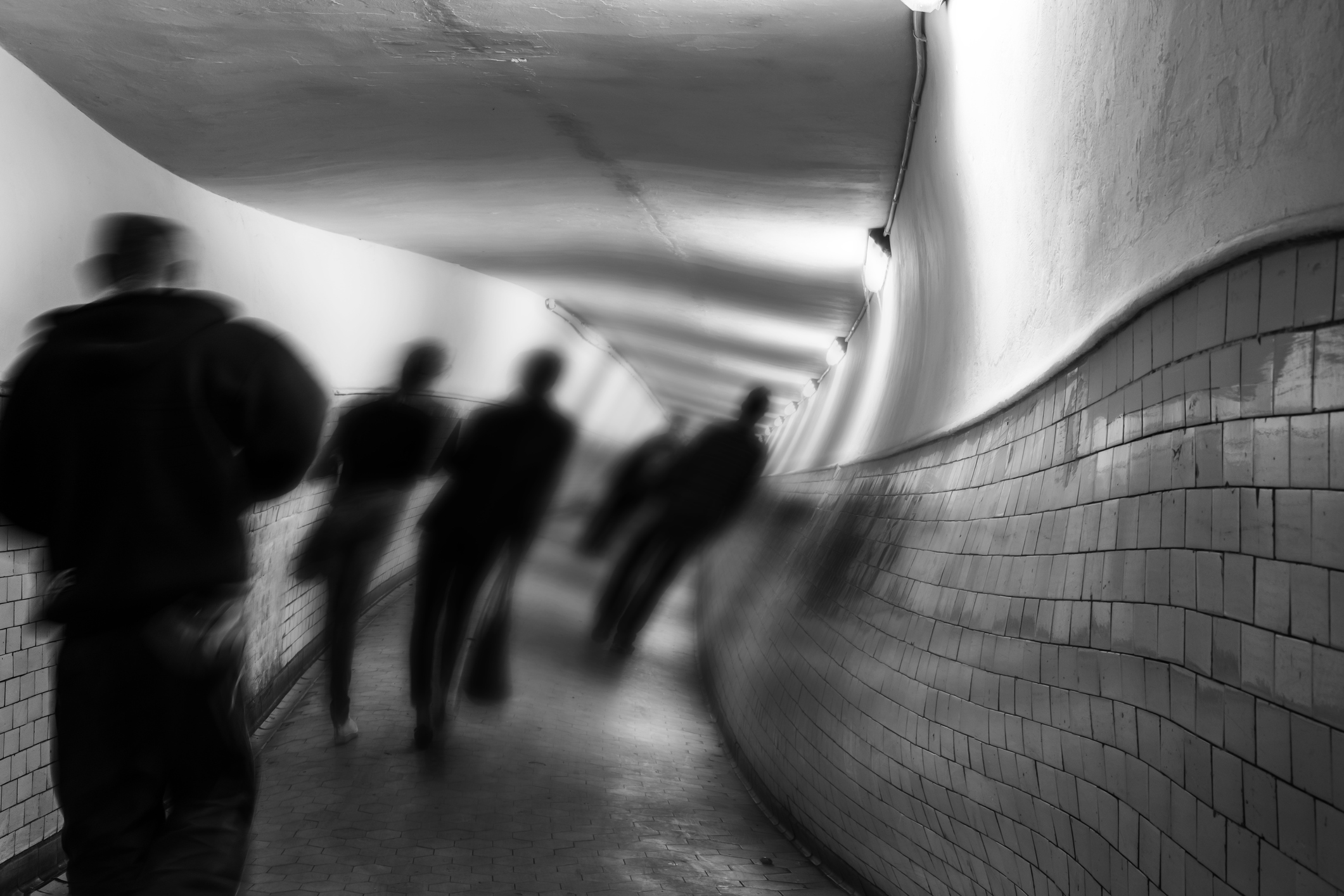Depression and schizophrenia may be detected early on with blood test
During the early stages of schizophrenia and depression, doctors often have a difficult time distinguishing between the two mental health disorders. The good news is that doctors may now be steps closer to be diagnosing depression and schizophrenia with the use of a blood test. Coauthor of the study Dr. Handan Gunduz-Bruce explained, “This is ...click here to read more


